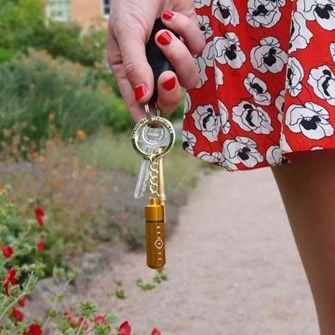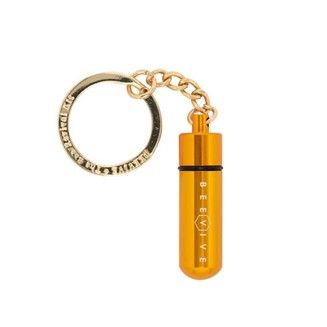Free the Bears rescue more bear cubs and they need our support
Posted on
I love the charity Free the Bears. They are an Australian wildlife conservation and animal welfare organization and they work with local communities and governments in Asia to help sun bears, moon bears (Asiatic black bears) and sloth bears.
So they need protecting.
As governments work to tackle the illegal wildlife trade, so Free the Bears has more to do, rescuing bears who have been held captive for bear bile farming, educating the public, looking after the bears they have rescued – so far 950 in all. As more bear bile farms close and Free the Bears rescue those bears, so they need to build more enclosures. These bears have been captive, in some cases for a very long time. They cannot go into the wild upon release – they need gentle, loving and knowledgeable expert care.
These bears have bear necessities
- They need a healthy diet of fresh fruit and vegetables, with dog biscuits for protein and also pulses and grains
- They are clever so they need a variety of enrichment activities to stimulate their minds
- They love to have their own space so they have climbing platforms and hammocks – most bears don’t see other bears in the forest; they are very private
- Many of the bears need veterinary care, some for a while. Remember that many have been used for bear bile farming – a needle has been injected into their gallbladders to access their bile whilst the bears have been drugged
- Their enclosures have an environment that’s as near as possible to the natural habitat the bears would normally enjoy – these enclosures need maintaining.
Of course, this all costs. Donations help Free the Bears do these things:
- Give immediate medical attention and care to the orphaned cubs
- Procure essential supplies – food, medication, specialised equipment
- Support on-going conservation efforts to protect both bears and their habitats in the years ahead.
Free the Bears need help!
There are a number of ways you can help care for the bears in the care of Free the Bears:
- Be a bear carer – there are different levels available from £5.00 a month.
- Sponsor a bear (£240 for a year)
- Send a gift to the bears such as a jar of honey, a hammock, a climbing frame, a cub care kit donation, a bathing pool donation, a treat ball donation
- Send a gift for a bear lover to your human!
- Simply donate!
Night in a Cage 2025 - 10th May
You can also support their Night in a Cage when teams around the world will be raising funds to care for these bears. The idea is that you spend a night in a cage and get sponsorship - or you can donate to a team or individual who is choosing to spend a night in a cage, thus showing what the bears have had to endure until their rescue. Please support this event here.
More about sun bears
Sun bears are the smallest of all bears, but they have a tongue which is 30cm long (that’s a foot!), huge paws and a sun-shaped patch on their chest which gives them their name.
Sun bears are excellent climbers – they live in tropical forests in South East Asia. There they spend more time than other bears in trees, and make nests there. They are crucial for seed dispersal and pest control. The problem sun bears have is that they have lost 60% of their land due to habitat destruction and over-exploitation. Not only that, they are hunted for their paws and their gallbladders – these are sold on the black market.
Send rescued bears a pot of honey for £11.00
The bears need us all to act. They have been rescued and they need our help to ensure they get all the wonderful loving care and attention they need for the rest of their lives.
Visit Free the Bears' website here.

